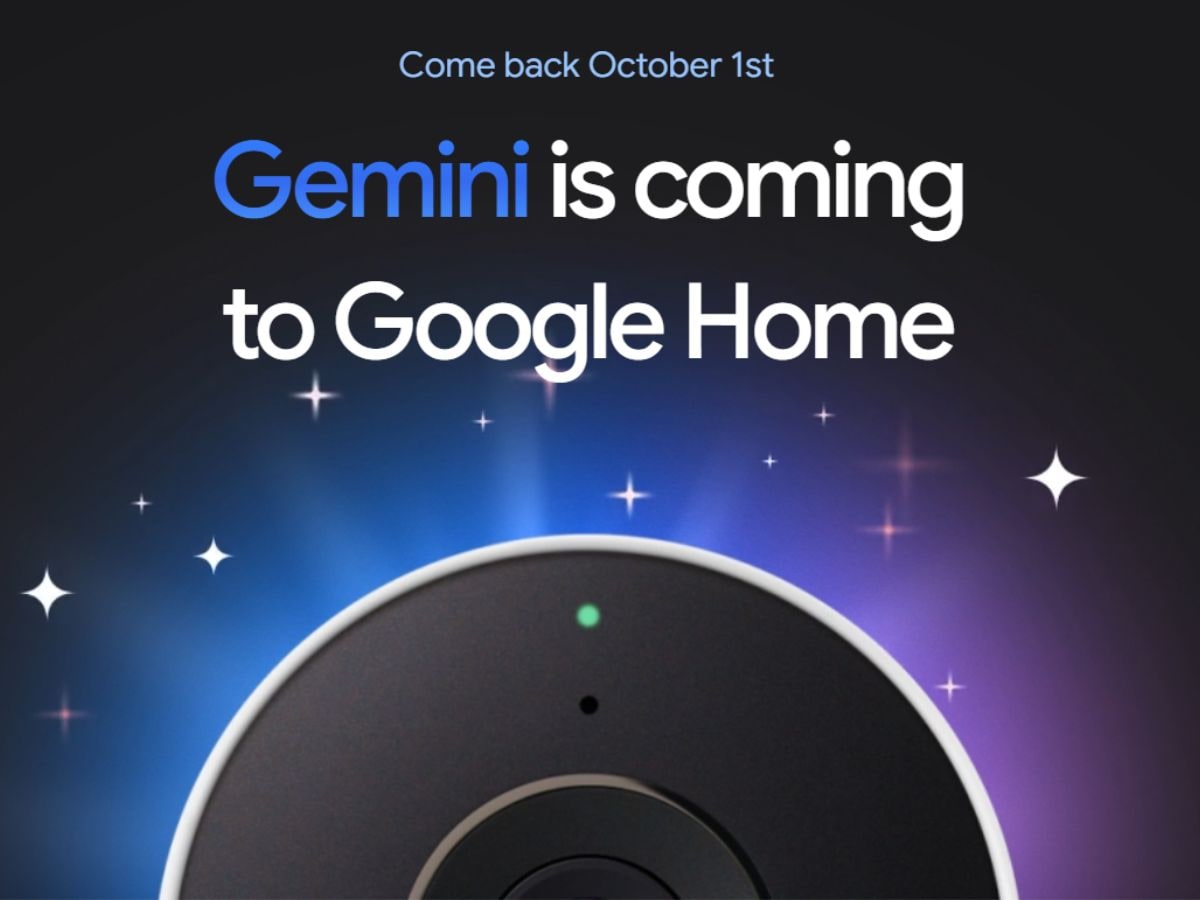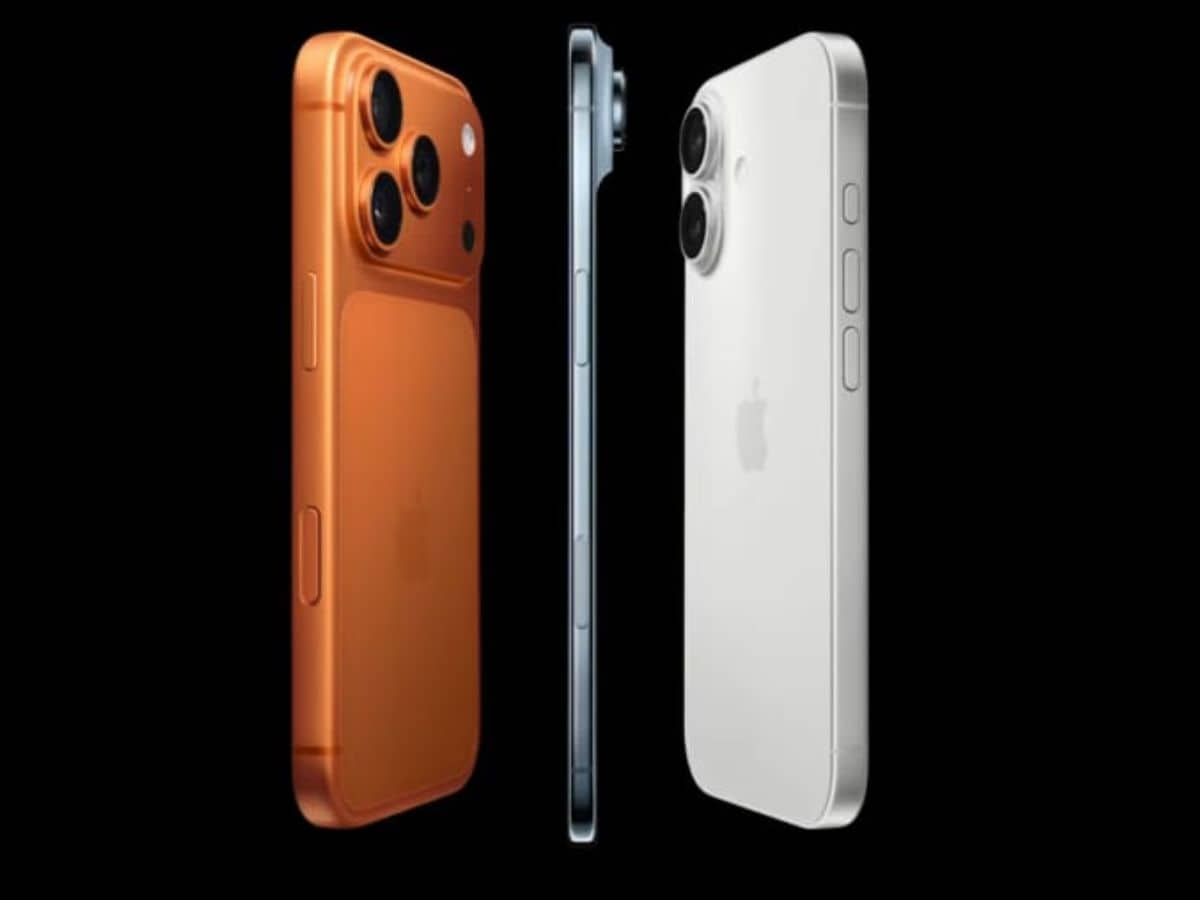There was a time when voice recorders were essential for journalists, students and professionals who needed to register conversations. With the rise of the smartphone, They were relegated to a drawer corner. Today, artificial intelligence has returned them to the scene: compact and connected devices offer automatic transcripts and summary summaries in seconds. What seemed like a dead category returns to the attention of users and manufacturers, with proposals that modernize a classic tool.
The Startup Plaud, based in San Francisco and Shenzhen, has found the key to reinvent a classic device. Its note, with format similar to a pendrive, allows you to record conversations and turn them into ordered transcripts and automatic summaries. The recorder connects to an application that offers intelligent searches and answers to questions about recorded content. Plaud thus bets on joining minimalist design and software to differentiate themselves from the basic functions offered by mobiles.
From recorder to notes with ia
Plaud has managed to turn an idea of niche into a profitable business. Since its launch in 2023, the company has sold more than one million devices, according to Forbes. Its model combines hardware and subscription: the note Cuesta 169,90 euroswhile other proposals such as the Note and the Note Pro reach 169.90 and 189 euros, respectively. With this formula, the startup plans to reach about 250 million dollars of annualized income and boasts of margins close to 25%, comparable to those of the iPhone.
Plaud does not arise in a vacuum: hardware with AI lives a moment of effervescence. The aforementioned means estimates that the sector has received more than 350 million dollars in recent investment. Amazon has also joined the movement acquiring Bee, a startup that bet on compact recorders for executives. The idea of carrying an assistant always seduces investors, but the results do not always accompany: some projects have become warnings for the entire sector.
Rabbit is a clear example of those unfulfilled promises. His R1 was announced as the future of interaction with AI, but The initial emotion gave way to disappointment When users found that their functions were practically those of a mobile app. Humane went further with his AI Pin, a futuristic device that sought to replace the phone, but ended up being an expensive failure. Faced with these stumbling blocks, Plaud has earned a hole focusing on real productivity: record, transcribe and organize information without impossible distractions or ambitions.

DingTalk
China is also betting strongly on this category. South China Morning Post details that Dingtalk, the Alibaba business collaboration platform, presented a compact size with AI recorder capable of transcribing, summarizing and translating conversations into more than 100 languages. The device is based on the Tongyi AI laboratory, trained with more than 100 million audio hours and specialized in 200 sectors. With prices from 499 yuan (about 60 euros to change), it is presented as a more affordable alternative to the plan of Plaud, which costs 169.90 euros, although it is not available outside China.
The big question is evident: if the mobile can record, why load with another device? Plaud has found its space by focusing on functions that the phone does not offer with the same effectiveness. Your recorders incorporate dedicated microphones and extended autonomyideal for long days of meetings or interviews. The application includes specific templates for doctors, lawyers or commercials, which simplifies the workflow. This practical approach makes note to something more than a simple engraver: it is a tool designed for those who depend on registering information without interruptions.


PLAUD PRODUCTS
None of this is free. Plaud offers three plans: one basic, without cost, with limited functions, and two payment that unlock the entire potential of the device. The Pro Plan, which costs 110.99 euros a year, allows 1,200 minutes of transcription per month, more advanced templates and personalized summaries. The unlimited plan rises to 249.99 euros a year and offers continuous recording and transcription, in addition to all the functions of the platform. This structure reinforces the hybrid business model: attractive hardware and a subscription that converts the device into a complete service.
Recording conversations is no longer an exclusive practice of journalists. Nathan Xu, plaud co -founder, believes that the device is conceived as a professional tool and Not like a spy device. To reinforce that idea, the note includes a state light that warns when recording. In the case of the United States, in some places such as California record without permission, it can carry fines or even prison sentences, although regulations are rarely applied. The ethical debate about carrying a microphone always on is still open.
Plaud was born in Shenzhen, but Xu wanted to strengthen his identity as an American company. The firm is registered in Delaware, is based in San Francisco. An important point, at least according to the official website for the Spanish market, is that the service stores the data of its users on servers located in the United States. This strategy, apparently, seeks to dissipate suspicions in a context of growing tensions between Washington and Beijing in terms of privacy.

The future of these recorders will depend on several factors. Plaud has already begun to explore sectors such as Health, where he acquired a hospital software startup to reinforce its position against competitors such as Open or Nuance, owned by Microsoft. This highly regulated market requires precision and security, which can favor specialized companies If they manage to gain user confidence.
The return of voice recorders is not a simple fashion. Plaud has shown that the public is willing to pay for tools that optimize their time, even in an era dominated by the smartphone. With rivals such as Alibaba reinforcing its bet, competition intensifies. These solutions must prove that they are not only a bridge to mobile functions, but their own category. What seems clear is that recording and processing precision had never had so much potential.
Images | Plaud | Dingtalk
In WorldOfSoftware | 100 million Tamagotchis in 30 years. The reason for being sold has a name: millennial nostalgia











